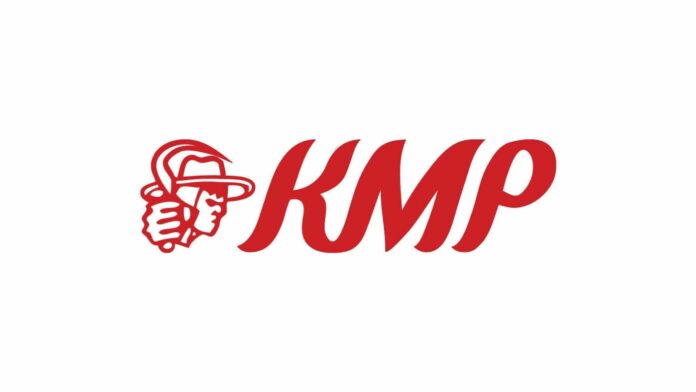Activist group Kilusang Magbubukid ng Pilipinas (KMP) has grave concerns on the proposed capital infusion by the Landbank of the Philippines to the Maharlika Investment Fund (MIF), claiming this will only prove injurious to its financial health.
“Land Bank’s mandate is to help and provide financial assistance to farmers and the rural population. The transfer of P50 billion from Land Bank to the MIF deprives farmers of funds. This will have a direct impact if farmers are limited or ultimately not provided with loans and forced to tap loan sharks,” said Danilo Ramos, KMP chairperson, in a statement.
In urging Land Bank against infusing capital funds into the MIF, the state-owned lender, he said, should also simplify its loan processes and make its programs more readily accessible to small farmers and fishers.
“Even former Bangko Sentral ng Pilipinas Governor Diwa C. Gunigundo said creating the Maharlika Investment Fund is very dangerous as the country already has a whopping P13.70 trillion in debt. However way we look at it, the Maharlika Fund will not benefit and be of use for the majority of Filipinos. It will only be of economic interest for local and foreign businesses, investors and conglomerates,” Ramos further said.
Guinigundo has argued that asking the various government owned and controlled corporations to contribute to the capital buildup of the MIF is neither necessary nor timely given the highly indebted state of the fiscal sector.
Guinignundo particularly abhors the proposal for the now undercapitalized Bangko Sentral ng Pilipinas to send its annual dividend contribution not to the Treasury as had been done in the past but directly to the MIF as its capital contriburtion.
He said asking the BSP to contribute to the MIF when it has its own capital buildup program to look after does not have much merit.
This relates to the now compromised BSP capital buildup program to P200 billion as mandated by law, from P50 billion at present. Requiring the BSP to contribute capital funds to the MIF when its own capital structure is proving inadequate to the substantially larger requirement of the growing economy “lacks timing” at this point, in Guinigundo’s view.
Earlier, local agricultural stakeholders bared strong reservations on the ongoing merger of Land Bank and DBP, claiming this was done without any public consultation.
Farmers argue that Land Bank and DBP were created under separate laws and mandated under their respective charters to perform specific missions to achieve balanced national socio-economic and agro-industrial expansion.
Agri stakeholders said Land Bank’s main role is as financial institution for agrarian reform beneficiaries and agriculture stakeholders including micro, small and medium enterprises to “help liberate them from food insecurity and poverty.”
Stakeholders also said the DBP is supposed to focus on development-oriented investments in areas like infrastructure, energy, power generation, telecommunications and digitalization and participate in public-private-partnership business modalities “that are normally shunned by private commercial banks.”
DBP has also been asked to provide P25 billion as capital fund contribution to the MIF.







